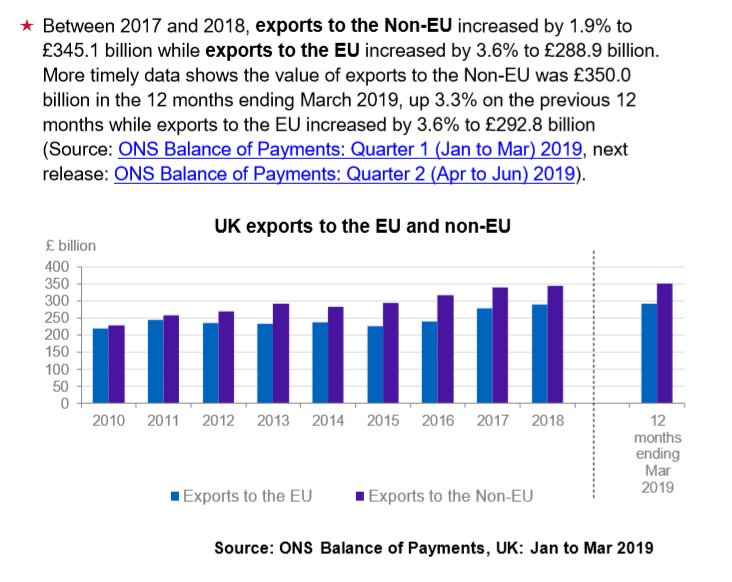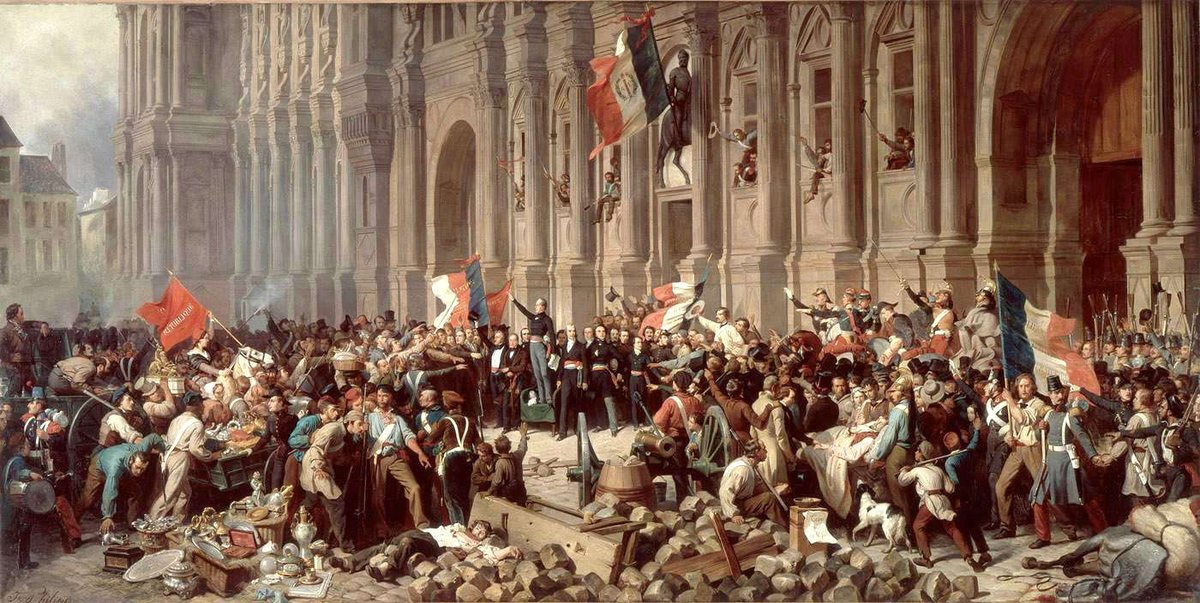(Thread)
The FCO is unhappy with this memo and suggest this is German doctrine
He also suggested the UK had lessons to learn from Nazi Germany.
Hermann invited Neville to the 1937 Nazi Party Rally in Nuremberg. On learning of this, the Foreign Office wrote to Neville telling him not to go.
(Neville went anyway).
The FCO minutes note that apparently Neville had made himself German policy spokesman.
Unfortunately, he was out of his remit and proving massively naïve.
/End











